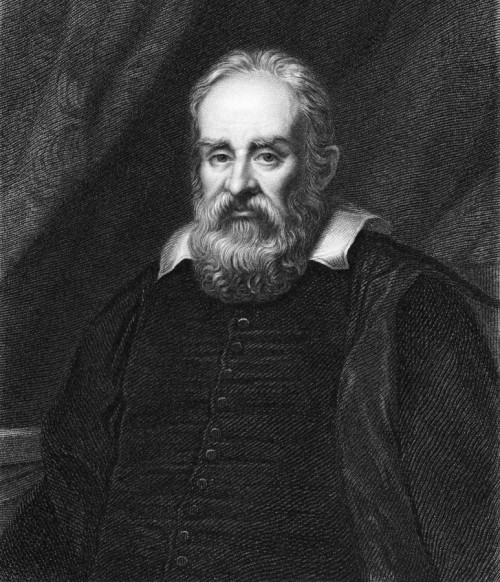The issue of competition requires regular reminders to everyone who is currently working or desires to be part of the book industry, so I am walking in the same footsteps of previous posts.
An element of competition is involved in every aspect of publishing, down to the smallest detail.
One need not be obsessed or discouraged by the competitive environment, rather the opposite, with eyes wide open, strengthen your resolve, work harder, learn more, continually improve, never give up and be laser-focused.
Competition in general teaches competitors how to handle adversity, how to handle success and the importance of teamwork. In addition, the outcome of whatever endeavor is secondary to the lasting effect of the lessons learned in the process leading up to the competition.
The journey teaches more than the goal. How you handle the journey says more about you than anything.
A number of professional athletes and performers have said in effect, “They pay me to practice. I play for free.”
Few authors truly understand their book is swimming in a virtual sea of other books. Until you expose your work to the wider world, you never really understand how competitive it is.
I wonder how many high school choirs have been encouraged to go professional because they did such a good job performing High School Musical for the spring production? The parents and grandparents were so proud.
However, if you had ever seen a real Broadway production, you would never make the suggestion. They are spectacular. The best of the best performing with the best.
What is great in your hometown school or church, probably would not compete well in the intense and often ruthless competitive world of the professionals. This is true for authors, musicians, churches (yes, churches), business and the most commonly discussed competitive environment, sports.
The worst week of any high school sport season is the first round of the state playoffs, when the undefeated, conference championship team gets to play outside of its area against another undefeated, conference champion and they lose in a lopsided manner, discovering they aren’t as good as their all-school assembly thought. Dreams are dashed by halftime.
I heard a story recently about a highly touted basketball player going to his first practice for a college team and in the first minutes of practice, the star player on the team dunked over him as if to say, “Are you ready for this?”
The new player quit after the first practice.
I’ve traveled to many cities and countries, visited churches and heard pastors in many settings. I have the highest regard for people in church ministry. I’m related to some of them.
But not every pastor of every church should be writing books. They should stick to their main thing…shepherding their flock.
In fact, often it is pastors or leaders of large local ministries who feel the greatest sting when they believe because five hundred people love their teaching, maybe 500,000 will buy their book. They are deeply disappointed when it doesn’t happen.
The aspiring author, getting rave reviews from relatives and friends steps out of that comfort zone and sends their work to an agent or publisher to start a competitive process. Few truly understand how competitive.
While many authors have put in the time to train, develop, practice and hone their skill, many do not. To some, writing is a hobby or maybe a way to pick up a little spending money. They are in for a rude awakening.
Writing is not easy and it does not come naturally. You better be ready for the rejection and criticism. Relatives and friends are terrible judges of your ability.
Developing a “thick skin” is an under-appreciated aspect of competing well, no matter what the competition might be. In a sense, you will be dunked over and asked, “Are you ready for this?”
Best-selling author Jerry Jenkins has this to say about discouragement and rejection.
http://www.jerryjenkins.com/how-to-survive-when-discouragement-slaps-you-in-the-face/
Yes, once in a while an author seems to “hit the jackpot” on the first try at writing a book. But the vast majority of books are written by those who labored in relative obscurity for a lengthy time, put forth the effort, honed their skills and then, got a chance to see what they could do to a larger audience.
Jerry Jenkins wrote dozens and dozens of books before he wrote Left Behind with Tim LaHaye in the mid-90’s. He wrote books for other people, with other people, on his own, fiction, non-fiction, and kids books, whatever he needed to write. Certainly God blessed the epic series with Dr. LaHaye in a unique manner, but for Jerry, it was part of a long writing-road with turns, detours, construction zones and potholes that made an eventual international bestseller all the sweeter.
While you get paid when someone agrees to publish your book, in reality the payment should be applied to the journey that led up to publication.
Attitudes toward the journey would be much different if it was viewed as an important and necessary process, rather than a necessary evil.
Of course, you pay for your training, not a publisher, but maybe authors everywhere would lower their blood pressure a bit adopting the attitude, “The money I received for the book paid me for the hours working alone, to attend writers’ conferences and critique sessions. I wrote the book for free.”











